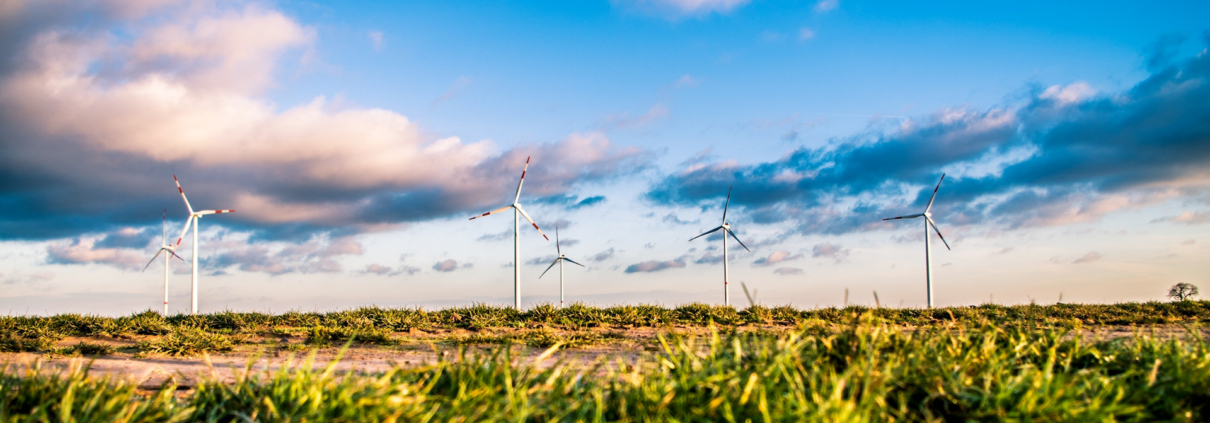More often than not, when we talk about sustainability, we are quick to point out the shortcomings of public governance and policies. It is true that, in order to achieve visible change, we need concrete top-down efforts and initiatives. But this does not in any way discount the impact that our individual efforts can make, and how can translate to macro outcomes. During the recent lockdown, I recognized the need for bottom-up efforts from individuals, to complement larger policy-led actions. And if IBM’s comprehensive study(1) is anything to go by, many felt the same during the pandemic.
In a survey of more than 14,000 respondents from nine countries, 9 in 10 reported that the COVID-19 pandemic affected their views on environmental sustainability. And needless to say, this new-found awareness will have a cascading impact on how these people eat, shop, travel, etc. In the pre-pandemic world, this awareness could be lost in translation. But the pandemic showed us what we can achieve, through concerted, incremental efforts. The idea of what constitutes “essentials” changed — we flew less, didn’t use vehicles much, ate out less, bought fewer lifestyle items, and so on.
A mere month after lockdown, the particle pollution dropped by nearly 60% in cities like New Delhi(2), giving residents the long forgotten feeling of breathing in fresh air. Globally, such visible outcomes encouraged an emphasis on personal sustainability, without waiting for top-down policies.
Here are a few ways in which I believe we can help create a more sustainable world, by taking personal responsibility.
Food
By one estimate(3), food can account for anywhere between 10–30% of a household’s carbon footprint. This is due to the embodied carbon in food systems, from transportation emissions, agriculture, etc. So, by switching to locally-grown food, we could be making great strides towards personal sustainability. In the UAE, even top-down initiatives are consistent with this notion. The shorter the supply chain, the more sustainable the food. Many, including myself, have tried our hand at growing vegetables in home gardens, which will continue in the post-pandemic new normal.
Fashion and lifestyle
In recent years, we witnessed the emergence of ethical and sustainable fashion. However, this has remained a largely niche category. In order to achieve broader impact, we need mainstream fashion brands to adopt sustainable practices throughout the value chain. As customers, we have to send a strong message, urging these businesses to put their money where their mouths are, and ensure end-to-end transparency so their commitment to sustainability can be verified. I’m glad that nearly 55% of respondents to the previously mentioned IBM survey said that sustainability is extremely important to them, when choosing a brand. Such consensus was hard to see before the pandemic.
Transportation
With the largest share of GHG emissions, transportation is important to the sustainability discourse. And since decarbonization/electrification in the transportation sector is slow moving, we could take personal responsibility, avoid unnecessary vehicle use, and ensure that the cars we use are energy efficient. Once the pandemic is fully behind us, we could consider using public transport and ridesharing more often. I have personally increased bicycle use and walking, which are eco-friendly, healthy, and economical.
Investments, business and career
A highlight of the IBM survey, according to me, is the pandemic’s impact on financial decisions. More than two-thirds of respondents said they are likely to apply for jobs at environmentally and socially responsible organizations. More interesting is that nearly half of those surveyed are willing to accept a lower salary, to work for such organizations. Such findings are, to say the least, eye-opening for corporations, whose work can have massive impact on sustainability. And the argument is compelling even from a purely business perspective. 59% of individual investors surveyed expect to invest based on sustainability factors going forward. Considering decision makers are likely to be taking stock of such sentiments, change is likely to manifest soon.
However, this sentiment also runs the risk of greenwashing and profiteering by corporations. Cleaner choices have not always been the affordable ones, but with consensus and each of us pushing for personal sustainability, we can make collective sustainability feasible. And as a lifelong believer in practicing before preaching, I have started with simple measures like avoiding single-use plastics, minimizing AC use, preferring reusable packaging and shopping bags, etc. Because, as the old saying goes, change begins with ourselves.
- https://newsroom.ibm.com/2021-04-22-IBM-Study-COVID-19-Pandemic-Impacted-9-in-10-Surveyed-Consumers-Views-on-Sustainability
- https://www.hindustantimes.com/india-news/covid-19-lockdown-spurs-drop-in-air-pollution-across-the-globe-experts-say-relief-could-be-short-term/story-nOmiaE9H0DaWXTfh23crlJ.html
- http://css.umich.edu/factsheets/carbon-footprint-factsheet


